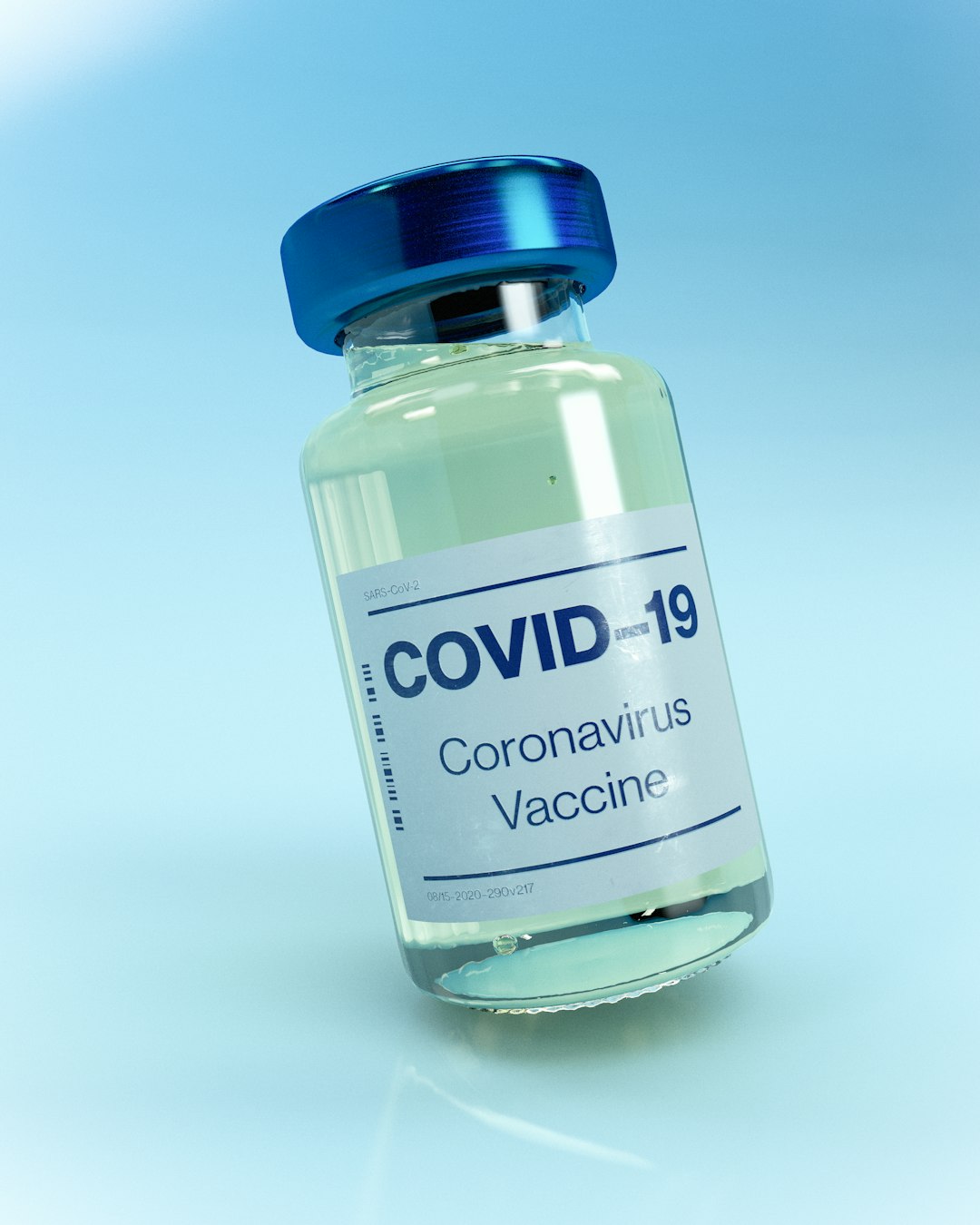
Unlocking Holistic Wellness: Guided Nutrition and Treatment for Sustainable Recovery
Holistic wellness is gaining traction as a comprehensive approach to health that acknowledges the interconnectedness of the mind, body, and spirit. Unlocking holistic wellness through guided nutrition and treatment can pave the way for sustainable recovery, particularly for those dealing with chronic conditions or the aftermath of trauma. In this article, we will explore essential strategies to enhance your well-being through informed nutritional choices and mindful practices.
Understanding Holistic Wellness
Holistic wellness transcends beyond just physical health. It encompasses emotional, mental, and spiritual wellness, creating a balanced lifestyle. By integrating these components, individuals can achieve a state of optimum health. Research indicates that when people focus on holistic wellness, they experience reduced anxiety, improved mood, and better physical health outcomes.
The Role of Nutrition in Holistic Wellness
Nutritional Foundations
Nutrition serves as the cornerstone of holistic wellness. A well-balanced diet rich in whole foods—fruits, vegetables, lean proteins, and healthy fats—nourishes the body and mind. Consuming a variety of nutrients aids in cellular repair, boosts immunity, and enhances mood. Recent studies have shown that diets high in omega-3 fatty acids, such as those found in fish, can reduce symptoms of depression and anxiety.
Key Nutrients for Recovery
- Antioxidants: Foods rich in antioxidants, like berries and leafy greens, can combat oxidative stress caused by inflammation.
- B Vitamins: These vitamins, found in whole grains and legumes, are essential for energy production and brain health.
- Magnesium: This mineral, abundant in nuts and seeds, plays a crucial role in relaxation and stress management.
- Omega-3 Fatty Acids: Present in fish and flaxseeds, omega-3s are vital for brain health and emotional well-being.
Mindful Eating Practices
The Power of Mindfulness
Incorporating mindfulness into eating habits can enhance the connection between food intake and emotional health. Mindful eating involves:
- Paying attention to the sensory experience of eating.
- Listening to your body’s hunger and fullness cues.
- Reducing distractions during meals.
Research indicates that mindful eating can lead to healthier food choices and improved digestion, fostering a more positive relationship with food.
Treatment Modalities for Holistic Recovery
Integrative Therapies
In addition to nutrition, various treatment modalities can support holistic recovery. These include:
- Cognitive Behavioral Therapy (CBT): This evidence-based approach can help individuals address negative thought patterns contributing to emotional distress.
- Yoga and Meditation: Both practices enhance mindfulness, reduce stress, and improve physical flexibility and strength.
- Acupuncture and Massage: These therapies can alleviate physical tension and promote relaxation, contributing to overall wellness.
Creating a Supportive Environment
Building a supportive environment is crucial for sustainable recovery. This includes surrounding yourself with positive influences, engaging in community activities, and seeking professional guidance when needed.
Common Misconceptions about Holistic Wellness
Despite its benefits, several misconceptions about holistic wellness persist:
- It’s Only About Physical Health: Many believe holistic wellness is solely about diet and exercise; however, it encompasses emotional and mental health as well.
- Quick Fixes Exist: Sustainable recovery takes time and requires commitment to lifestyle changes rather than quick solutions.
- All Supplements Are Beneficial: Not all supplements are necessary or effective; it’s important to consult a healthcare professional before starting any regimen.
Practical Strategies for Daily Life
To implement these principles of holistic wellness into your daily life, consider the following actionable strategies:
- Meal Prep: Plan your meals to ensure you incorporate a variety of nutrients throughout the week.
- Daily Journaling: Reflect on your emotional state and food choices to enhance self-awareness.
- Regular Physical Activity: Aim for at least 30 minutes of exercise daily, whether it’s walking, yoga, or swimming.
Further Reading and Resources
To delve deeper into holistic wellness, consider exploring the following resources:
- Harvard Health: The Importance of Nutrition
- Mindful Eating: A Guide
- The Benefits of Yoga and Meditation
By adopting a holistic approach to wellness, individuals can unlock a healthier, more fulfilling lifestyle. Remember, the journey towards wellness is personal and requires dedication, but the rewards of improved health and well-being are invaluable. Embrace these changes, seek support when needed, and enjoy the process of nurturing your mind, body, and spirit.


